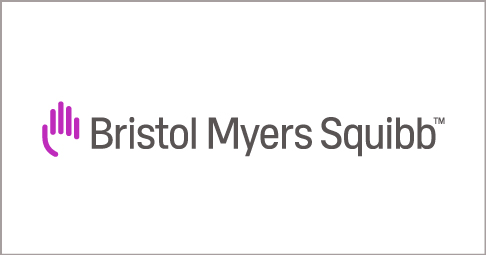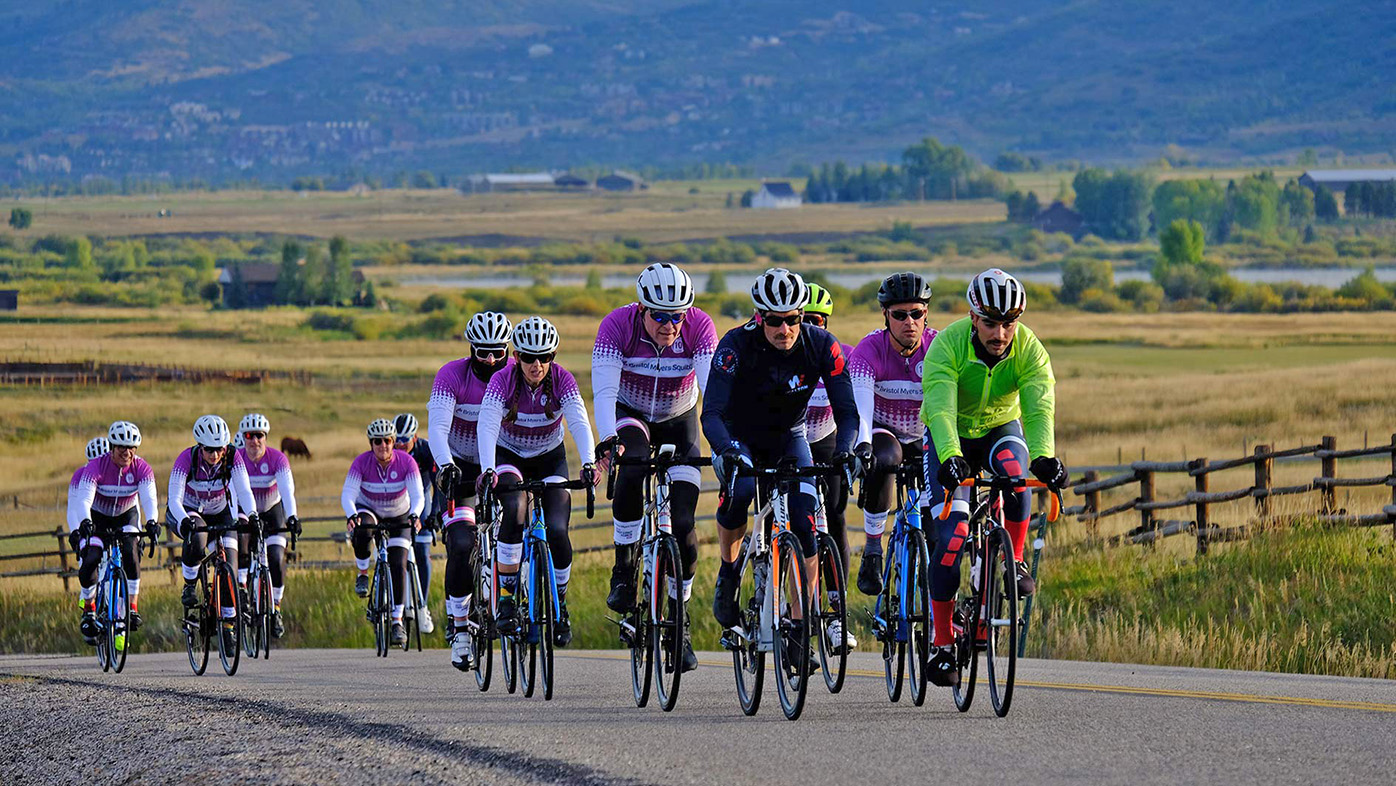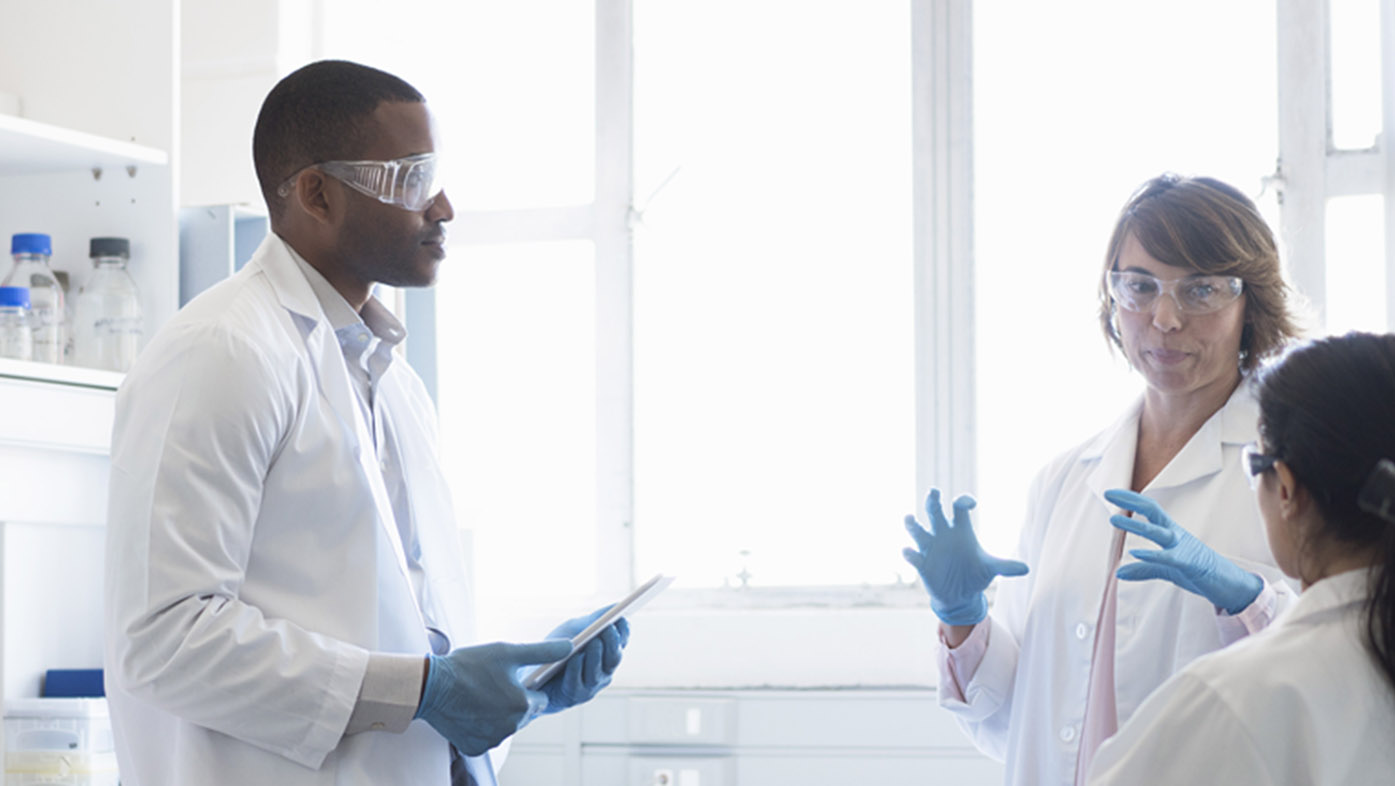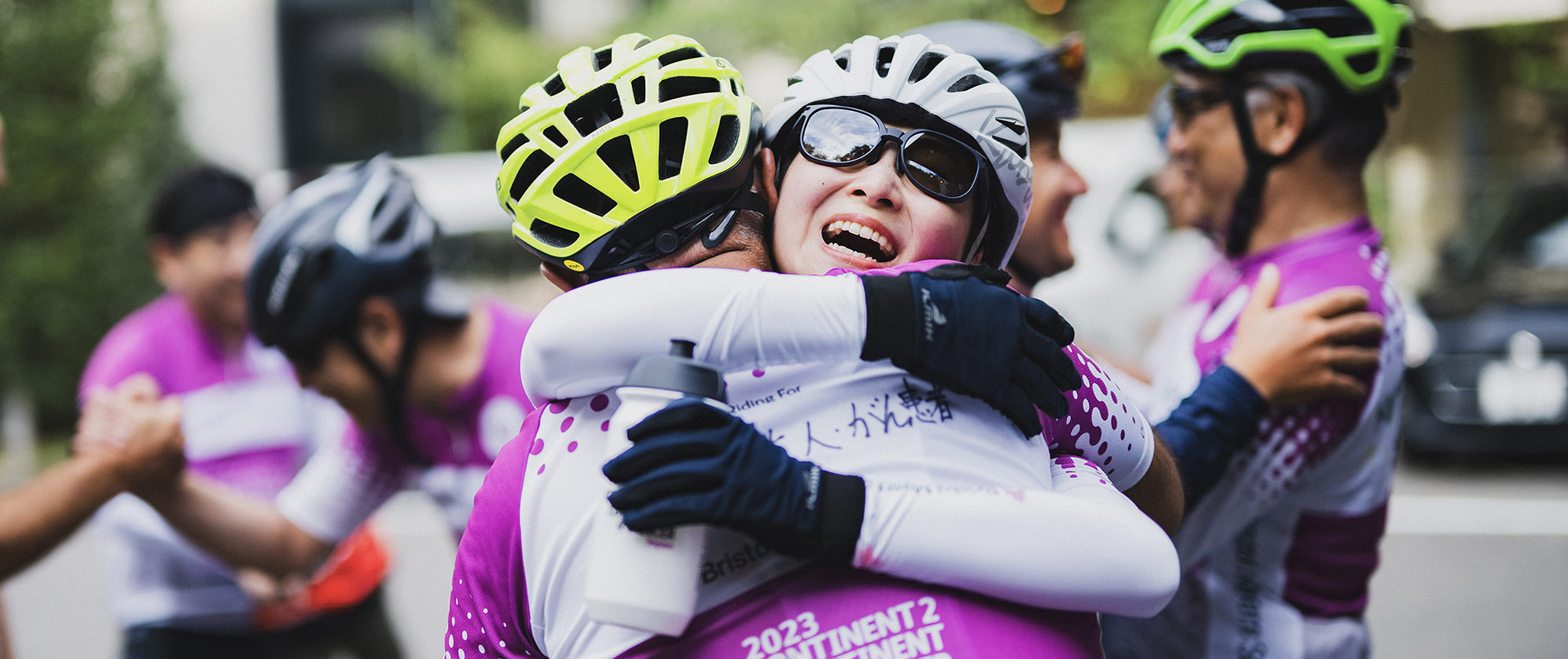I remember when Mom was diagnosed with lung cancer and my cousin with adrenal carcinoma back in 1996. Nothing in life prepares you for the gravity of it. In a state of helpless anxiety and while feeling a sense of overwhelming isolation, my sister and I watched my mom’s weight loss, her hair loss and her constant bouts of nausea and sickness. Less than two years later, both my mom and cousin were gone.
It was important for us to carry on my mom’s and cousin’s legacies. One year after they were diagnosed, my sister and I started a nonprofit called the Cancer Awareness Network for Children, where they were honored as our first two cancer survivors. Our mission is to make sure no one feels alone after a family member’s cancer diagnosis or passing.
We created free workshops and luncheons. We established a safe space for cancer survivors to share their stories and for family members to speak with a local oncologist. And we provided the community with information about screening and prevention. Since 1997, we have touched more than 6,000 people here in Birmingham, Alabama, hoping to help eliminate the fears associated with cancer.
Becoming a cancer advocate gave me a sense of purpose and connection, but little did I know, the blitz would soon come for me.
In September 2010, doctors found a lump in my breast. The diagnosis was ductal carcinoma. I soon learned that it’s one thing to tell others, “You can make it through.” It’s quite another to be on the other side.
Fortunately, we caught it early. With love and light on my side, my oncologist performed a lumpectomy. Follow-up testing showed no traces of cancerous cells. Ten years later, I’m still in remission. I prayed for strength, health and wisdom when I received my diagnosis, and those prayers were answered. Still, it’s hard not to wonder and worry if your cancer will come back.
During this time, I leaned on my faith, family and cancer community for support – a community into which I had poured my heart and soul. I also began working with breast cancer advocacy organizations to help educate and lobby for cancer-fighting legislation.
During the COVID-19 pandemic when there were limited opportunities to continue our workshops in person, many cancer patients and survivors postponed critical appointments and lost their ways of connecting with others for support.
The emergence of telehealth was a silver lining. In my role as an Elevate Ambassador with the National Coalition for Cancer Survivorship, I teach seniors how to use technology to access cancer care without exposing themselves to the risks of medical settings. Through our Telehealth Service Program, we spend time increasing their proficiency with technology and confidence in the virtual world.
Our community critically needs this type of education and support. Many of the seniors I work with have little or no knowledge of computer jargon, like address bar or cursor. When I spoke to one elderly woman about her computer “mouse,” she looked at me puzzled and declared her house to be rodent-free. Step by step, we give them new skills and a new vocabulary to interact with the medical world from the safety of their computer screens. We even leave equipment behind for those who do not have computers or tablets. The trainings have been invaluable, allowing them to stay connected and find cancer survivorship support in an increasingly virtual world.
One of the reasons I’m telling my story through Survivorship Today is because I’ve seen firsthand the benefits of an online survivorship community. I’ve helped seniors access this community, but now I also want to contribute to it. My fellow survivors are my daily inspiration. Their strength, hope and grace fuels me to do more. I see hope and love in the hearts of our caregivers, and I see the will to live in the eyes of my fellow cancer survivors. And when they look back, I know they see it in me.
*The National Coalition for Cancer Survivorship Elevate Ambassador program is supported, in part, by Bristol Myers Squibb



